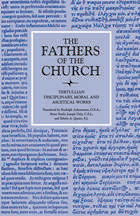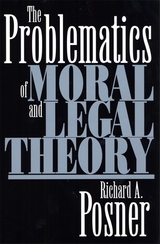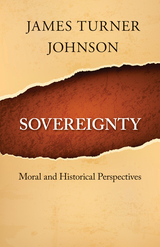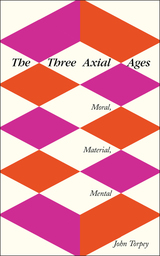
Long-acting and reversible contraceptives, such as Norplant and Depo-Provera, have been praised as highly effective, moderately priced, and generally safe. Yet, as this book argues, the very qualities that make these contraceptives an important alternative for individual choice in family planning also make them a potential tool of coercive social policy. For example, policymakers have linked their use to welfare benefits, and judges, to probation agreements. In this book, authors from the fields of medicine, ethics, law, and the social sciences probe the unique and vexing ethical and policy issues raised by long-acting contraception.
The book offers comprehensive ethical guidelines for health care professionals and policymakers, as well as an ethical framework for analyzing policies and practices concerning long?acting contraceptives. The authors consider cultural, social, and ethical issues pertaining to contraception, and they provide historical and scientific background on today's controversies. They explore alternative conceptual and theoretical frameworks, including analyses of autonomy, coercion, and responsibility in reproductive decisions.
This volume also notes the special concerns that arise when policies promoting long?term birth control target low-income women and women of color, and when these contraceptives are used in developing countries.



This volume offers a critical edition and annotated translation of twenty metrical homilies attributed to Isaac of Antioch, a late fifth-century CE Syriac poet. The works in this collection, the majority of which are examples of the Syriac rebuke genre, are aimed at the moral reformation of the Syrian Christian community. The introduction, which provides the first detailed study of the manuscript tradition of the corpus as a whole, identifies four different Isaacs whose writings were intermingled already in late antiquity and develops criteria for distinguishing among their works. Scholars and students of church history will find this a valuable resource for the study of Syriac poetry and homiletics, Christian ideas of moral reform, and late antique monastic and lay devotional culture.


Sovereignty generally refers to a particular national territory, the inviolability of the nation’s borders, and the right of that nation to protect its borders and ensure internal stability. From the Middle Ages until well into the Modern Period, however, another concept of sovereignty held sway: responsibility for the common good. James Turner Johnson argues that these two conceptions—sovereignty as self-defense and sovereignty as acting on behalf of the common good—are in conflict and suggests that international bodies must acknowledge this tension.
Johnson explores this earlier concept of sovereignty as moral responsibility in its historical development and expands the concept to the current idea of the Responsibility to Protect. He explores the use of military force in contemporary conflicts, includes a review of radical Islam, and provides a corrective to the idea of sovereignty as territorial integrity in the context of questions regarding humanitarian intervention. Johnson’s new synthesis of sovereignty deepens the possibilities for cross-cultural dialogue on the goods of politics and the use of military force.

Torpey’s argument advances the idea that there are in fact three “Axial Ages,” instead of one original Axial Age and several subsequent, smaller developments. Each of the three ages contributed decisively to how humanity lives, and the difficulties it faces. The earliest, or original, Axial Age was a moral one; the second was material, and revolved around the creation and use of physical objects; and the third is chiefly mental, and focused on the technological. While there are profound risks and challenges, Torpey shows how a worldview that combines the strengths of all three ages has the potential to usher in a period of exceptional human freedom and possibility.
READERS
Browse our collection.
PUBLISHERS
See BiblioVault's publisher services.
STUDENT SERVICES
Files for college accessibility offices.
UChicago Accessibility Resources
home | accessibility | search | about | contact us
BiblioVault ® 2001 - 2025
The University of Chicago Press









